Official says Iraq ready to pay back debt to Iran
A spokesman for the Iraqi Ministry of Electricity says his country is ready to pay back its debt for imports of gas and electricity to Iran.
"The Ministry of Electricity is ready to pay back its debts to Iran based on the agreement of the delegations that previously visited Tehran. They money is a weight on our shoulders that we have to pay to Iran," Ahmed Musa told Baghdad al-Yawm news agency.
Gas imports from Iran generate as much as 45 percent of Iraq's 14,000 megawatts of electricity consumed daily. Iran transmits another 1,000 megawatts directly, making itself an indispensable energy source for its Arab neighbor.
Musa claimed that Iran is slashing the gas flow, while the electricity transmission line is totally cut off.
"Iran's gas exports which should be 50 million cubic meters stand at 8.5 million cubic meters," he said. "Iran's electricity exports to Iraq are completely cut off, and the power used by citizens is generated internally."
The exact amount of the Iraqi debt is not known. In the past, Iranian officials have said between $6 billion and $7 billion of Iranian funds are held in the Arab country.
Iraq owes the money to Iran for importing gas and electricity, which has continued despite illegal US sanctions, but Tehran has been unable to obtain its assets frozen in Iraqi banks under US pressure.
“The volume of the blocked Iranian money and assets in Iraq is changing daily, where every day we see some parts of them released and the overall figure increase, on the other hand, because of the export of goods” by Iran, head of the Iran-Iraq Chamber of Commerce Yahya Al-e Es'haq has said.
Iraq has paid some of its debts over the years, but US sanctions and economic troubles in the Arab country have made the transfer of money much slower than Iran expected.
Iran gets paid partly in cash, but it mostly receives goods from Iraq to cover the debt.
The country imports a wide range of goods from Iran, including food, agricultural products, home appliances, air conditioners and car parts.
Official customs data released on Saturday showed Iran’s exports to Iraq in the past eight months increased by 40 percent compared to the same period last year, making it the second importer of Iranian goods.
According to director general of Iran’s customs office Mehdi Mirasharfi, petrochemical products accounted for 43 percent of the total exports by value. China was the top importer of Iranian goods, largely buying petrochemicals.
Iran exported $6.1 billion worth of goods to Iraq and $9.1 billion to China. They were followed by Turkey, the United Arab Emirates, and Afghanistan as the top importers of Iranian goods.
Earlier this year, Iran said it had exported $11 billion worth of food and agricultural products to Iraq in five years. In 2019, Iraq reportedly accounted for around $9 billion of Iran’s $12.5 billion in exports.
Iraq’s main purchases from its neighbor are agricultural products, engineering services, construction materials, and energy, such as electricity and natural gas. Baghdad has received waivers from Washington allowing it to buy Iranian electricity and natural gas.
The US has had to repeatedly extend sanctions exemption by 45, 90 or 120 days, to allow Baghdad to import Iranian energy, but it is unhappy with close relationship and trade between Baghdad and Tehran.
Iraq needs more than 23,000 megawatts of electricity to meet its domestic demand but years of war following the 2003 US invasion have left its power infrastructure in tatters and a deficit of some 7,000 megawatts.
In the past, officials in Baghdad have said there is no easy substitute to imports from Iran because it would take years to adequately build up Iraq’s energy infrastructure.
They have said American demand acknowledges neither Iraq’s energy needs nor the complex relations between Baghdad and Tehran.
Iraqi Prime Minister Mustafa al-Kadhimi has said he wants “excellent relations” with the Islamic Republic.
The two countries have called to raise their annual bilateral trade to $20 billion from around $10 billion despite the impact of the US sanctions.
Tens of billions of dollars of Iranian assets, mainly from exports of oil and gas, are frozen in foreign banks due to US sanctions on Iran's banking and energy sectors.
South Korea holds $7 billion in Iran's funds from oil sales, according to Iranian officials who have warned to take legal action to gain access to the funds.
Iran has also criticized Japan for holding its foreign currency resources estimated around $1.5 billion. Japan was one of the main buyers of Iranian oil before the US imposed unilateral sanctions on Tehran in 2018 under former president Donald Trump.
More than $1.6 billion in Iranian funds are further held by Luxembourg-based Clearstream clearing house, a financial company owned by Deutsche Boerse.
Last Monday, Bahrain was ordered by the Permanent Court of Arbitration in The Hague to pay over 200 million euros in damages plus costs to two Iranian banks for the unlawful expropriation of their banking venture in Manama in an act of "political retribution".
Iran’s largest lenders Bank Melli and Bank Saderat had sued the tiny Persian Gulf country before the international arbitration court in the Netherlands for confiscating nearly $1.3 billion worth of Iranian funds.
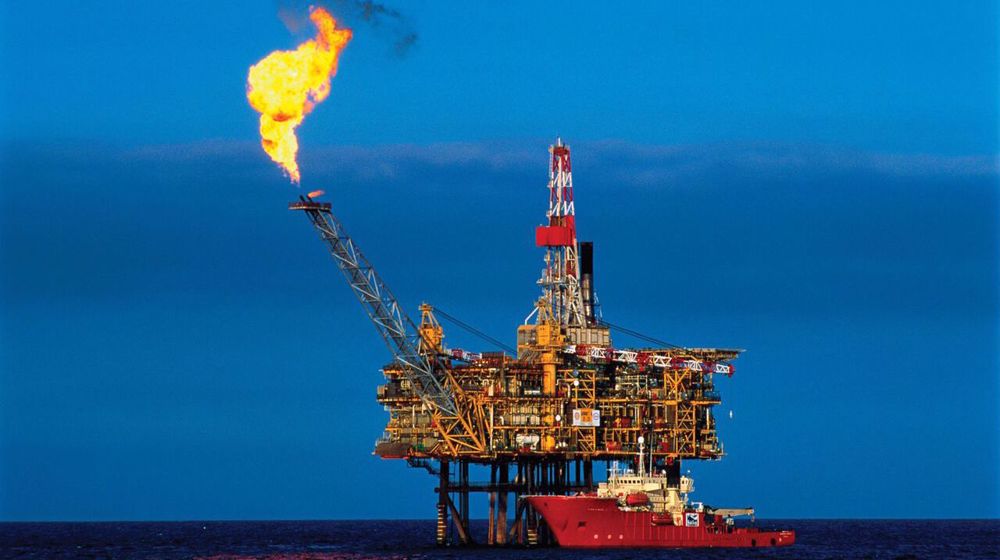
Iran’s daily sweet gas production peaks at 870 mcm: NIGC
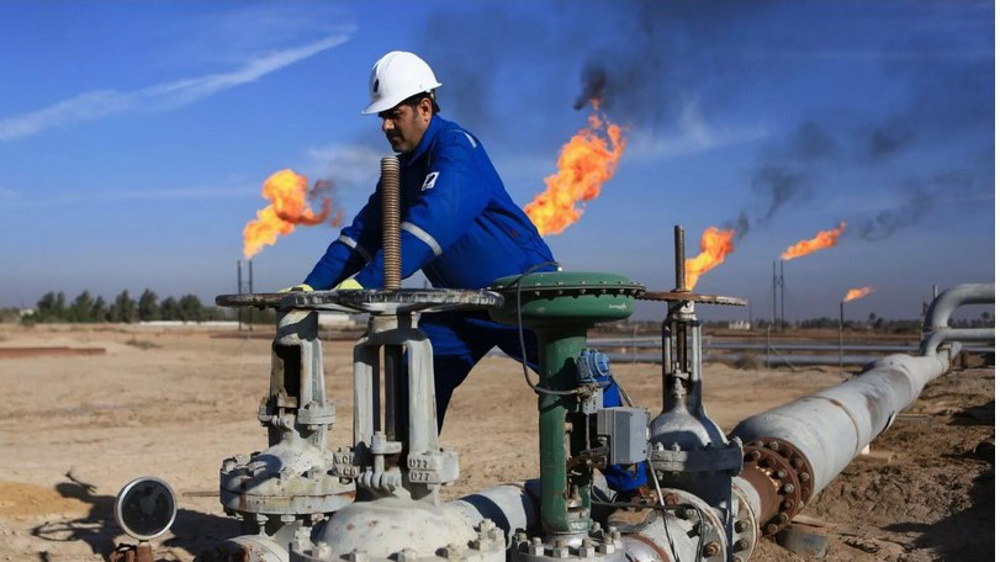
Iraq denies it is resuming oil exports from Kurdistan under US pressure
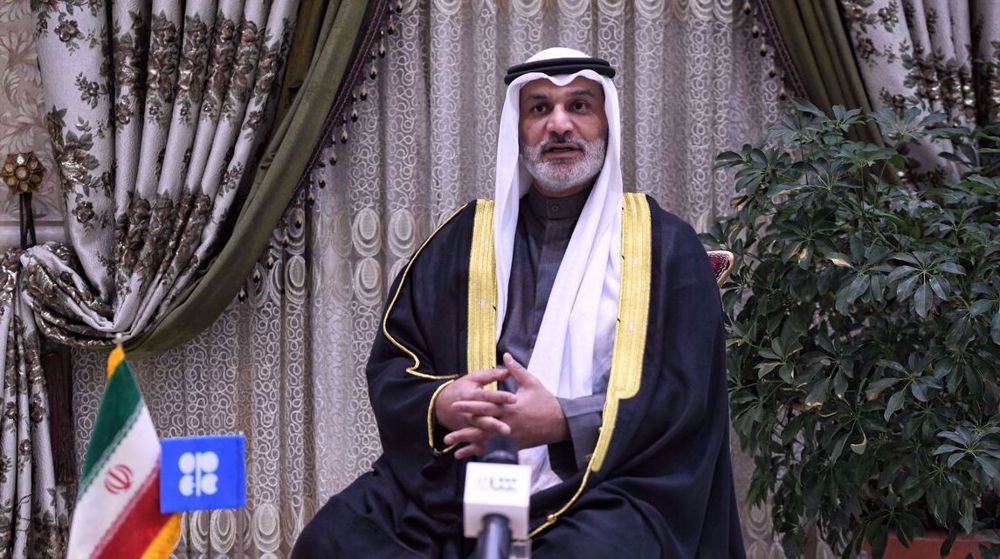
‘Petroleum demand will rise despite global push for renewables’
Explainer: How can Iran help South Africa advance its civilian nuclear program?
The importance of creative industry in Iran’s future
Israelis push for Russia to keep Syria bases, want Damascus 'weak, divided': Report
US terminates support for Ukraine energy grid restoration
Israeli soldiers stole ‘mountains’ of cash and gold from Gaza, Lebanon, and Syria: Report
PKK militants declare ceasefire with Turkey to end 40-year bloodshed
VIDEO | largest funeral since 1996 Qana massacre held in Lebanon
Hamas calls on Palestinians to resist Israeli restrictions on al-Aqsa Mosque during Ramadan


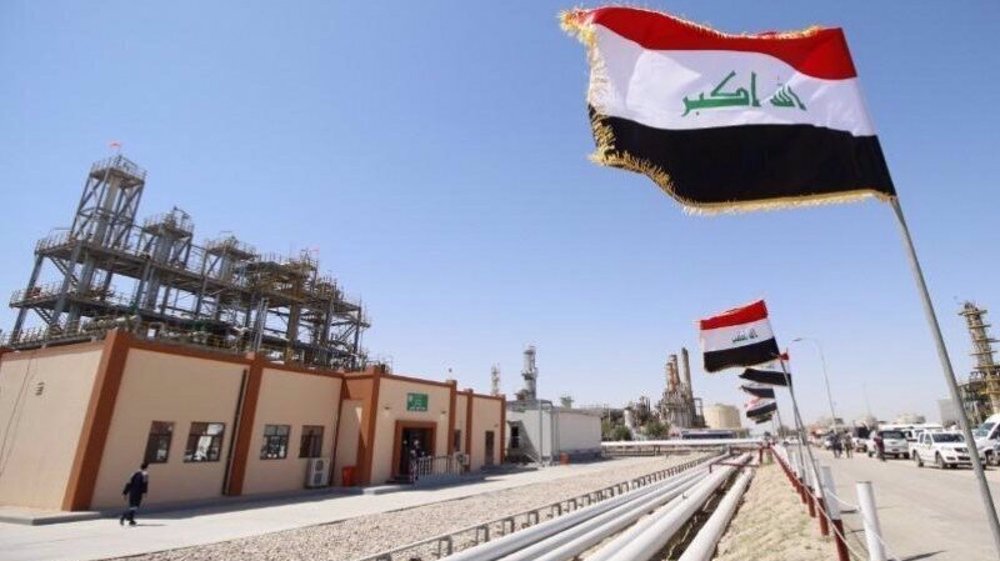
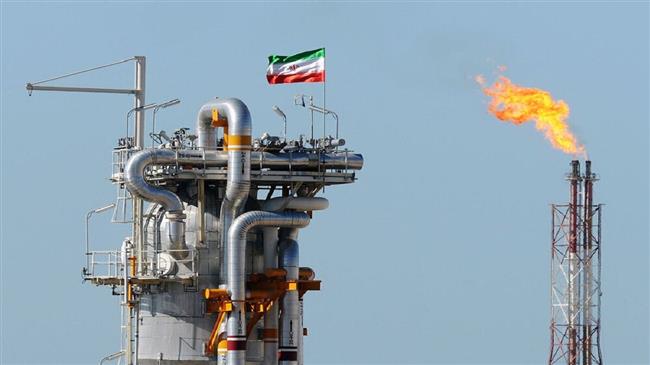





 This makes it easy to access the Press TV website
This makes it easy to access the Press TV website